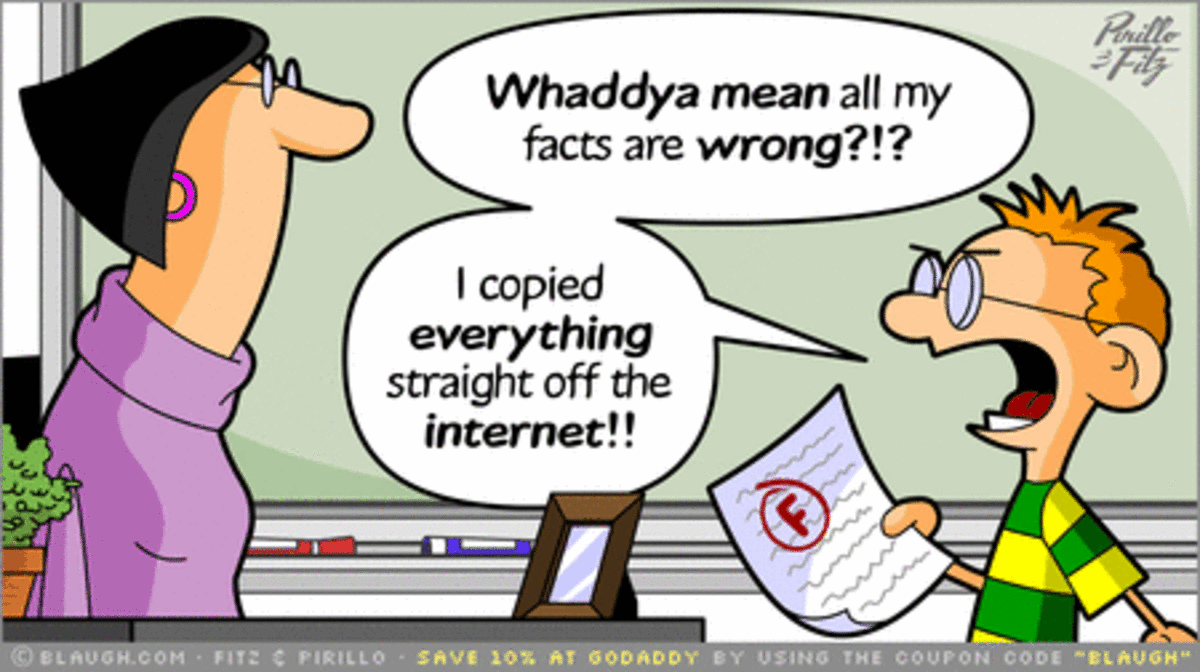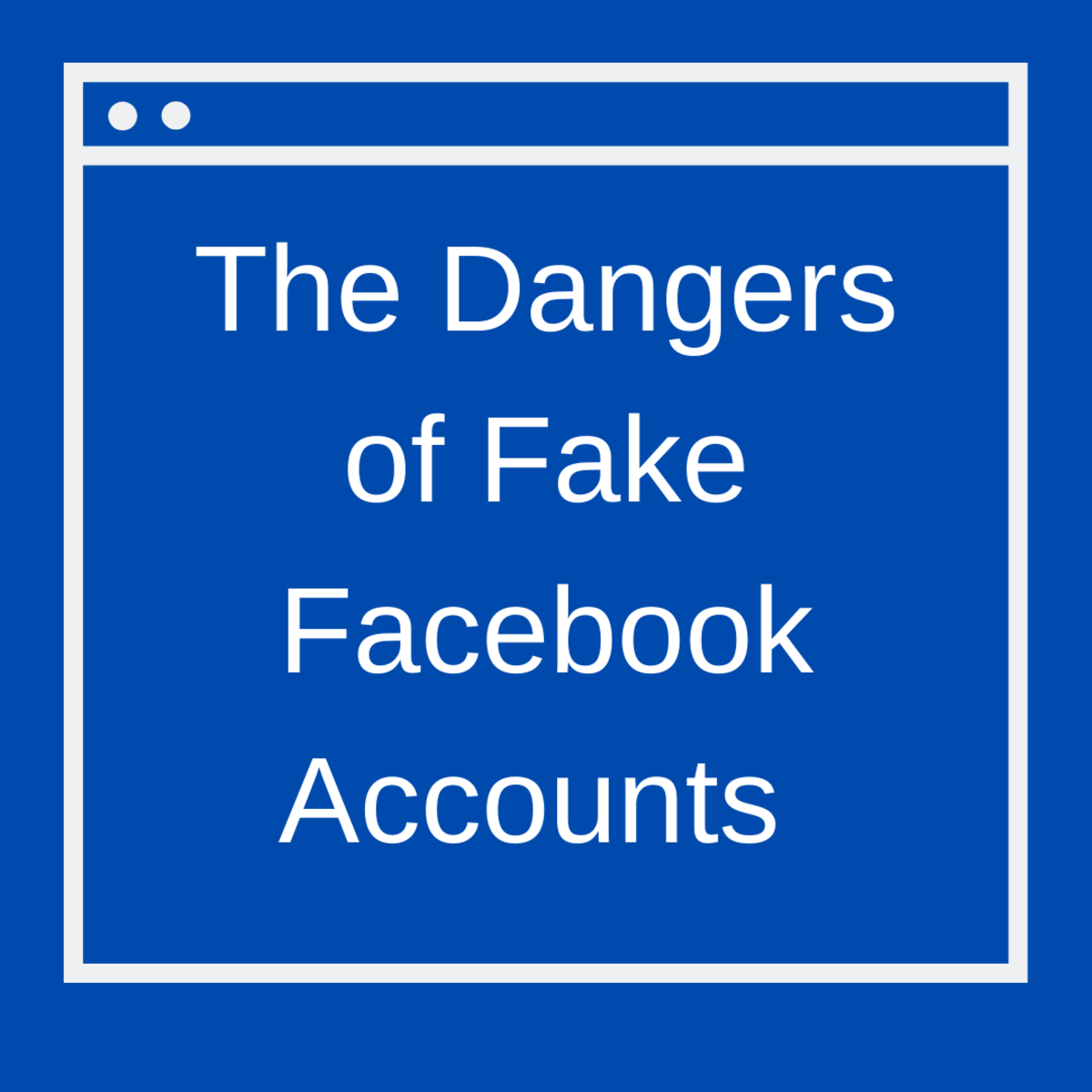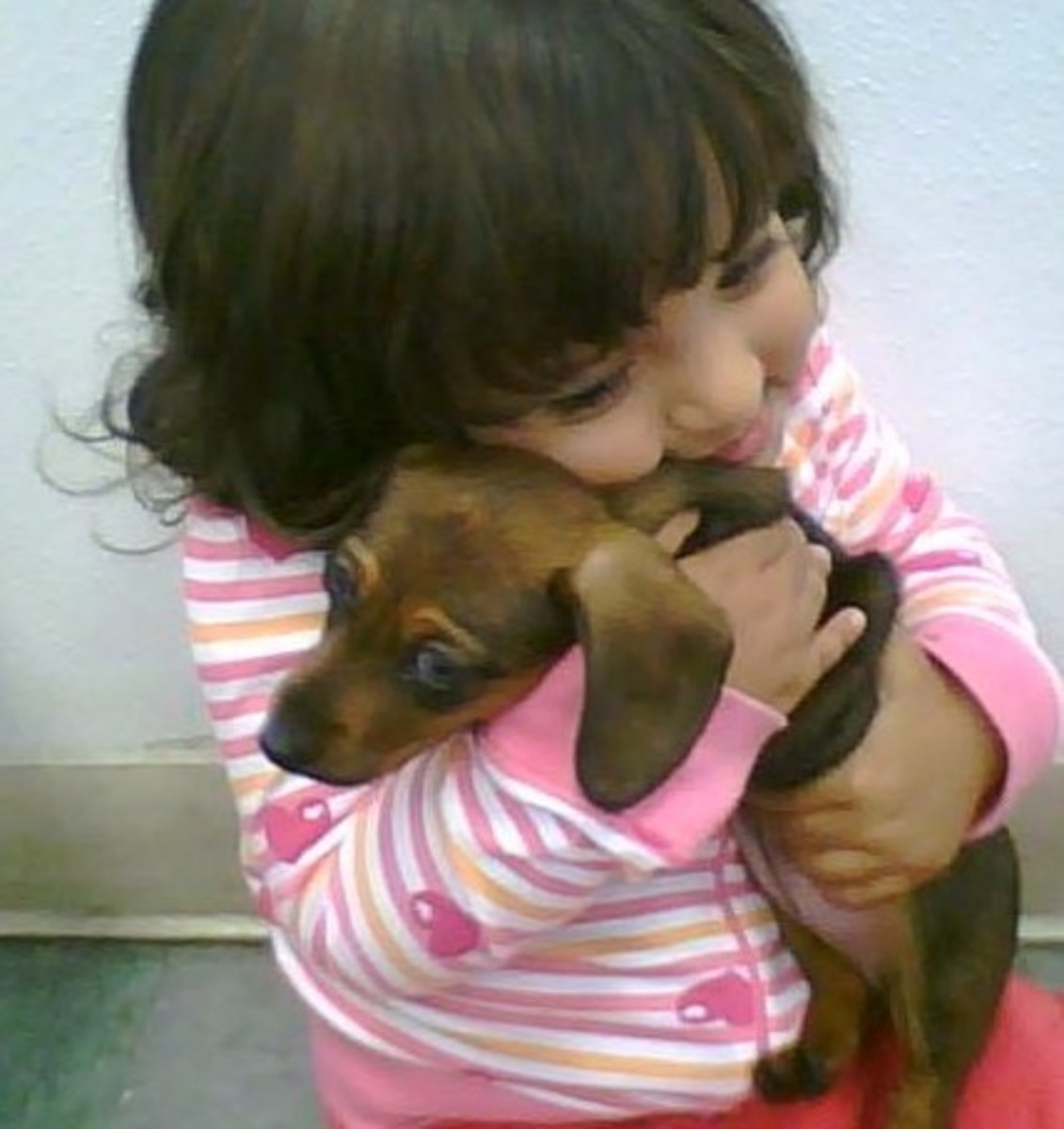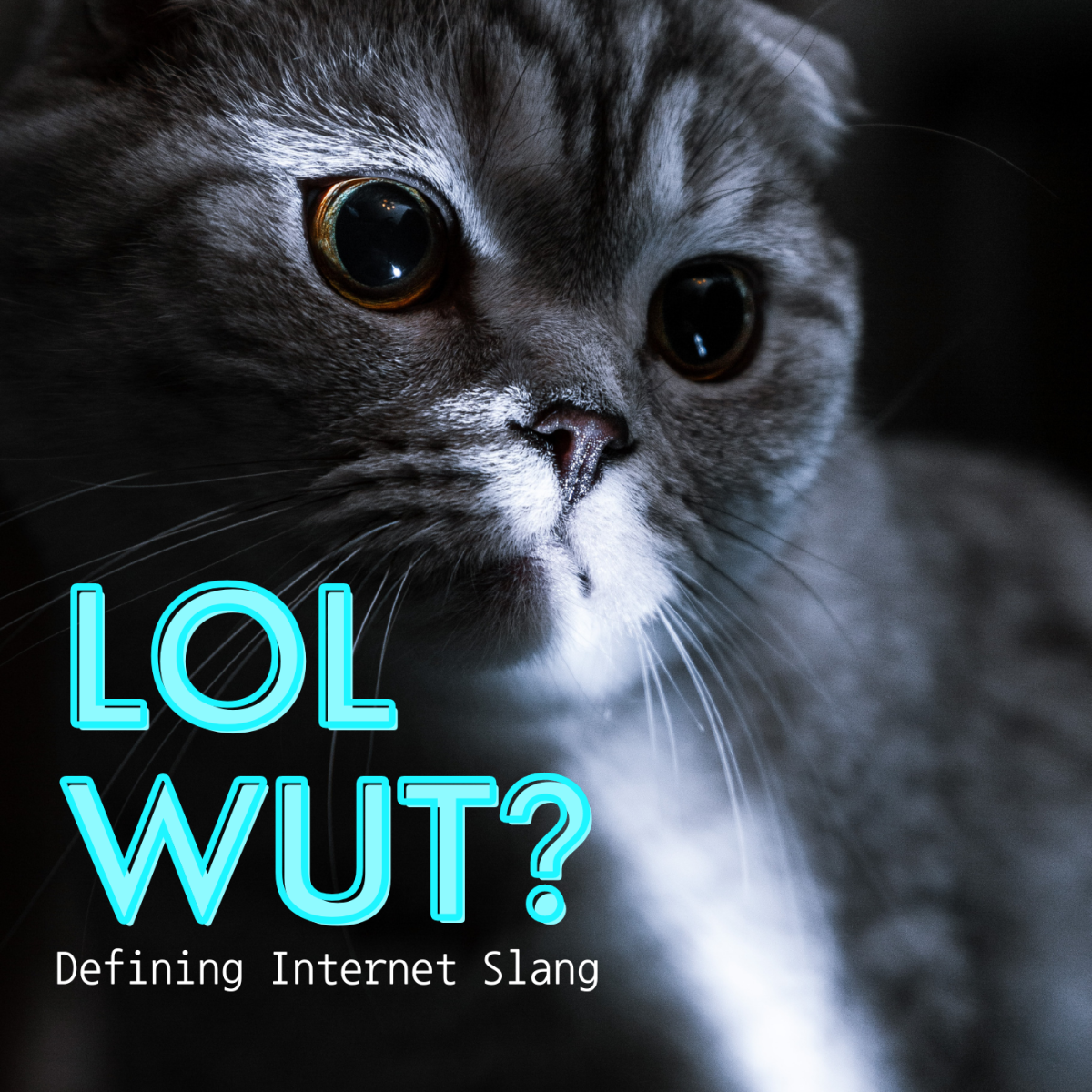What Is Plagiarism?
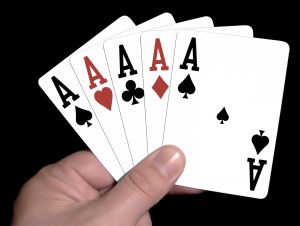
Definition
Plagiarism, as defined by Dictionary.com, comes in 2 forms. Firstly, it is the "unauthorized use or close imitation of the language and thoughts of another author". Secondly, it is also " the representation of " those ideas "as one's own original work." (See resource 1)
Introduction
Plagiarism is usually more relevant to students, researchers, journalists and writers. While many cases of plagiarism cannot be prosecuted in a court of law, it can have serious consequences within its own field. For example, a university student caught submitting a plagiarized essay can get an F grade or be asked to quit the course, causing him to lose his degree.
Although many cases of plagiarism are also cases of copyright infringement, and many people associate plagiarism with copyright infringement, they are 2 different things. Also, as is the case with infringement of copyright, there are many ways plagiarism can be carried out. Some ways are clear cut cases of plagiarism, while there are other ways which are more ambiguous.
What is definitely plagiarism?
The following 2 examples are clear cut cases of plagiarism:
Example 1
Harry goes to a website and contracts a writer to write a completely original paper on socialism. He submits the paper without even changing a single word. This is a clear cut case of plagiarism as Harry is submitting somebody else's work as his own. It doesn't matter that he paid for the work, or that he owns the copyright, or that the work is original.
Example 2
Harry's girlfriend, the smarter of the two, submits an altered version of the paper. She changed around a few sentences, substituted some words and put in one or two sentences of her own. However, she was also hauled up for plagiarism as the major portion of the work she submitted as her own is not.
Grey Areas
This third example below presents a less clear cut case:
Example 3
Harry's sister based her paper on the original paper. She read the original, understood the main ideas and presented those ideas in words that are totally her own. But in her paper, she did not give credit to the original paper's author for her ideas.
She is definitely not guilty of copying or closely imitating the original paper. But, since she did not credit her ideas to the original author, that leaves her open to the possibility that she is representing another author's ideas as her own. She might be guilty of plagiarism if the author's ideas are new and original and not found elsewhere.
Avoiding Plagiarism
It really is not that difficult to avoid being accused of plagiarism. Of course, there will be times when you might be unfairly accused despite your best efforts, it doesn't hurt to do what you can avoid it.
Try the following steps and with just a bit of luck, you might live a plagiarism free life:
- Do not copy. Period.
- If you are using quotes from another source, cite the source.
- If you are using chunks as big as a paragraph or more, it might be better to ask the copyright holder for permission.
- If you are presenting an idea gleaned from another source, and even if you have the slightest bit of doubt as to the originality of the idea, it doesn't hurt to just cite the source.
Resources:


